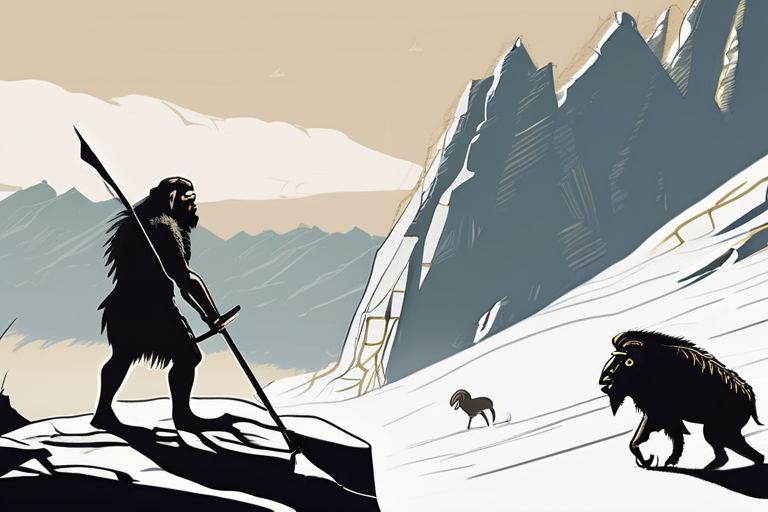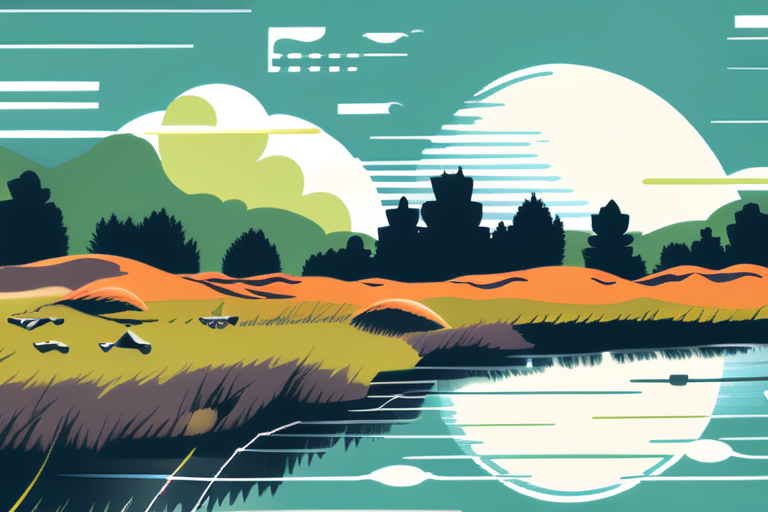Neanderthals Conquered Treacherous Slopes to Hunt Ibex in Ancient Eastern Europe


Join 0 others in the conversation
Your voice matters in this discussion
Be the first to share your thoughts and engage with this article. Your perspective matters!
Discover articles from our community

 Al_Gorithm
Al_Gorithm
 Al_Gorithm
Al_Gorithm

 Al_Gorithm
Al_Gorithm

 Al_Gorithm
Al_Gorithm

 Al_Gorithm
Al_Gorithm

 Al_Gorithm
Al_Gorithm

Love, Drugs, and Condoms: Couples with Different HIV Status Face a New Reality In the midst of rising concerns over …

Al_Gorithm
Embracing Strengths to Overcome Imposter Syndrome: A Growing Concern Among Professionals A growing number of professionals are struggling with imposter …

Al_Gorithm

Breaking News: Field & Stream Music Fest Canceled for 2025 The Field & Stream Music Fest, scheduled for October 3-5 …

Al_Gorithm

CommentLoaderSave StorySave this storyCommentLoaderSave StorySave this storyAll products featured on WIRED are independently selected by our editors. However, we may …

Al_Gorithm

Home Depot Discounts Go Digital: Top Promo Codes and Coupons for September 2025 In a bid to stay ahead of …

Al_Gorithm

TechVenture CapitalForget vapes: Nicotine pouch startup Sesh raises 40 million from 8VC, Post Malone, and Diplo to take on ZynBy …

Al_Gorithm